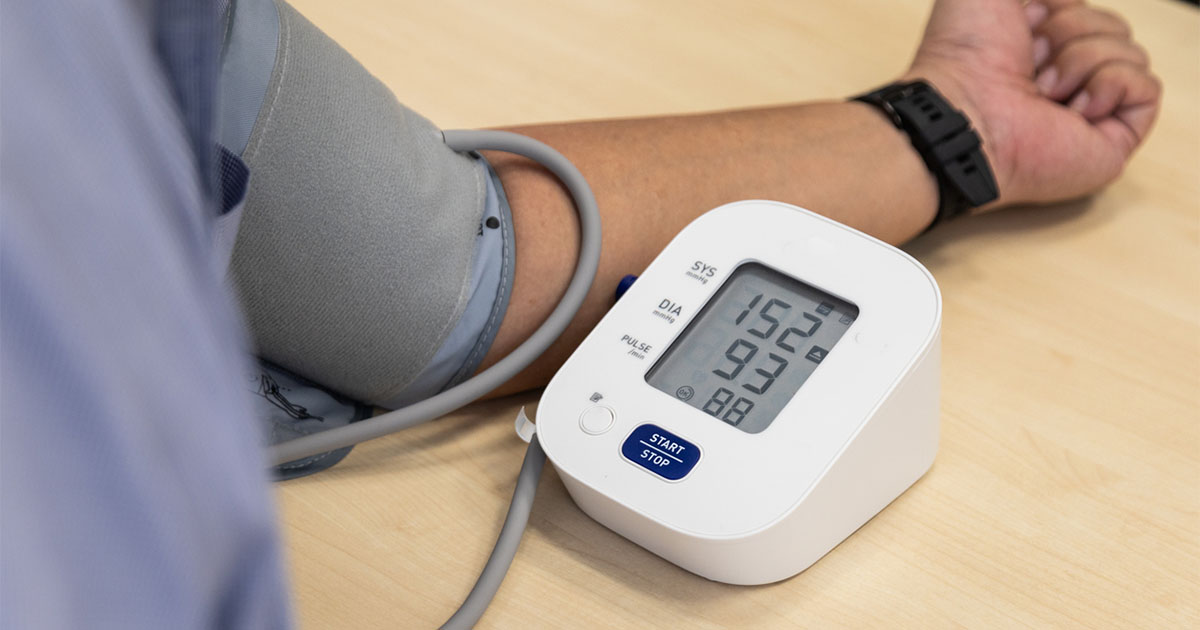Earlier this year, Public Health England (PHE), NHS England and Diabetes UK launched a new public health initiative to tackle the growing problem of type 2 diabetes.
The Healthier You: NHS Diabetes Prevention Programme is the first national programme of its kind, putting a focus on the prevention of type 2 diabetes, which is a serious public health concern in England. It demonstrates our commitment to supporting the 5 million people at risk of developing diabetes to make healthier choices and reduce their risk of developing the condition.
As well as protecting health, the programme has potential economic benefit by helping to reduce the cost of treating diabetes and associated complications, such as heart disease and stroke. Currently this costs the NHS around £10 billion every year (Diabetes UK, 2014). Type 2 diabetes is one the biggest health challenges of our time. This personalised, tailored programme will offer people at risk support to improve their lifestyle habits and take more control of their health.
Ten sites across the country are now starting to implement the programme and form part of the planned first wave of 27 areas. These 27 locations are all due to start offering places on their programmes within 2016/17, and we are looking to reach up to 20 000 people within this first year. The programme will be available nationally by 2020, with up to 100 000 places available each year at that point.
Last year, PHE conducted an evidence review looking at a range of studies from across the globe, which showed that programmes of this kind can significantly reduce the onset of type 2 diabetes in individuals at high risk (PHE, 2015). Data from 36 studies were included in this review, which revealed an average 26% reduction in new cases of type 2 diabetes in those participating in a diabetes prevention programme compared with usual care, although some studies achieved greater reductions. The strongest elements of the programmes in the review have been taken forward into our programme.
Learnings from the demonstrator sites
In March 2015, we started work with seven demonstrator sites to understand what works in practice and refine innovative approaches to delivery. This work has also allowed us to identify some of the challenges and solutions informing service design and national implementation. From March 2015 to March 2016, demonstrator sites have referred around 7000 people to evidence-based interventions to prevent diabetes, including education on healthy eating and lifestyle, help to lose weight and bespoke physical exercise programmes, all of which together have been proven to reduce the risk of developing the condition (see Box 1).
More broadly, the process of implementation at the demonstrator sites has highlighted the potential for attrition at every point of the pathway, and all sites have developed an awareness of the necessity of mitigating actions. Sites have responded to this risk in a number of ways, including follow-up telephone contacts, quality support of patients through the process (for example, Bradford Beating Diabetes [BBD] Champions in Bradford) and ensuring that individuals receive a high-quality referral in the first place, which leaves them fully informed of the benefits of the programme.
Over the duration of the demonstrator phase, average uptake rate has increased month on month (43% at end of December 2015, 44% at end of February and 48% at end March 2016).
Where now?
Following a national procurement process, four providers have been selected to deliver lifestyle interventions in community health settings for the local high-risk population. The four providers are Reed Momenta; Pulse Healthcare Limited trading as ICS Health and Wellbeing; Health Exchange CIC; and Ingeus UK Limited.
So far, feedback from commissioners, healthcare professionals, providers and service users is that Healthier You: NHS Diabetes Prevention Programme is a welcome component in both local and national strategies to reduce the burden of lifestyle-related conditions on our health system. This is vitally important for local authorities and the NHS, which face increasing pressure to fund and deliver optimum healthcare services.
With the first wave of the programme now being implemented, we can start to work towards achieving the impact that the programme can deliver for both the public and the health service.





Poster abstract submissions are invited for the 21st National Conference of the PCDO Society, which will be held on 19 and 20 November.
10 Apr 2025